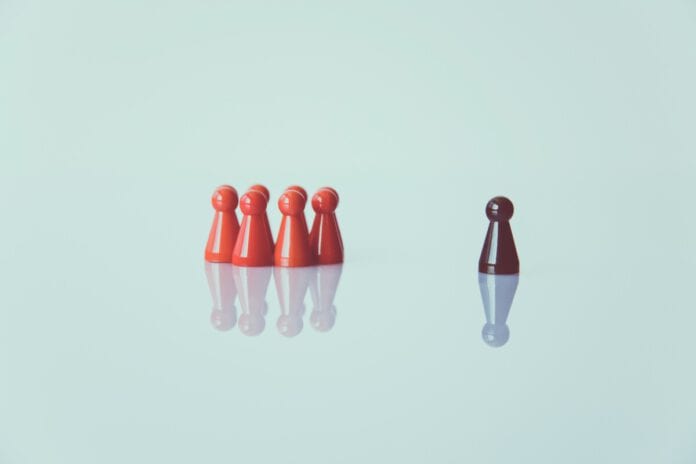Social distancing is particularly important in order to combat the spread of COVID-19. Today we’re diving into the in’s and out’s of social distancing — what exactly the concept entails and why it’s important.
The coronavirus has gripped ahold of the entire world, bringing it to a standstill. Different countries have taken various measures, such as working from home as much as possible and the closure of schools and catering establishments, with the aim of “flattening the curve.”
All these measures hope to keep the number of infections as low as possible to prevent overwhelming hospitals and doctors. Another vital way of achieving this is effective social distancing.
Keeping our distances from each other
So what exactly is social distancing?
Social distancing is a term that has been used a lot lately. According to scientists and policymakers, it is one of the most important weapons in the fight against COVID-19.
The most important way to social distance is to stay at home. This makes the coronavirus much less likely to jump from one person to another, simply because fewer people are moving. When you do meet other people, social distancing influences the way you interact. For example, it is recommended to keep a distance of 1.5 meters and avoid hugs, handshakes, or other contacts.
Some people have even resorted to nods, and bows as a way of greeting and acknowledging each other. While bows may not be new for folks in Japan, it can be quite different for us here in the Netherlands. We can either make it the new way of greeting, or we can use it as a temporary measure until we have defeated COVID-19. Either way, I’m bowing a lot these days, and I honestly don’t mind.
Here are a few reasons why it is very important that we all practise social distancing in these difficult times.
Avoiding an exponential rise of affected people and casualties
Since the coronavirus made its way to Europe, scientists and policymakers have made it pretty clear that a person carrying the virus will infect two to three other people, who in turn will infect two to three more. The number of infected people is, therefore, increasing at a rapid pace. The curve representing the number of infected persons over time will, therefore, rise exponentially.

However, there are also people who have the virus and may not even show any symptoms — some will also get better. The graph with the number of infected persons will then start to level off and eventually fall again.
It is important that those who do not show symptoms stay away from high-risk individuals, and the only way to do this is through social distancing. Most young people who get the virus do not show symptoms, so it is very important that they stay away from high-risk individuals. Older folks and people (of any age) who have serious underlying medical conditions may be at higher risk for more serious complications from COVID-19. People who may be at higher risk if infected include:
- Older adults
- People who have serious underlying medical conditions like:
◦ Heart disease
◦ Diabetes
◦ Lung disease
Avoid putting our healthcare sector under immense pressure
One of the main reasons why social distancing is very important right now is due to the fact that if the curve is not flattened, our hospitals, especially the intensive care services with the limited number of respirators, will not be able to cope with the enormous influx of infected persons. Social distancing allows us to slow the spread of the virus, allowing patients to recover before other patients need the same equipment.
Without some drastic measures from policymakers, the maximum capacity of our hospitals will be exceeded. Doctors will then no longer be able to help every patient and will have to choose who they will try to keep alive. I pray to all that we hold dear, that it never comes to that. And if we don’t want such a scenario to become our reality, we need to take social distancing seriously.
So are you going to practise social distancing or not?
While it may not be so easy, we can all work together to reduce the risk of contamination by social distancing: this means taking all measures to reduce contact between people, such as keeping more than a meter away from each other, avoiding all non-essential social contacts, etc.
The less contact, the less chance that you will infect someone. The aim is, therefore, to not overwhelm our hospitals and overwork our doctors. Hopefully, if fewer people get sick in a very short time, our hospitals will be able to cope better with the influx of patients, and there will be a higher chance of saving more infected people. Hence the expressions “flatten the curve” and “social distancing.”
Standing on our balconies to applaud the healthcare professionals who are working really hard right now is wonderful, but do you know what would really help them and make their jobs easier? Social distancing.
If we do not adhere to the rules set by the RIVM and the Prime Minister, there is a chance the country might go into total lockdown and I’m sure a lot of us would not like that. So please, let us work together, take this seriously and save lives. It is not easy, but the lives of our friends and loved ones depend on it.
How are you making social distancing easy for yourself? Share it in the comment section below!
Feature Image: Markus Spiske/Pexels
